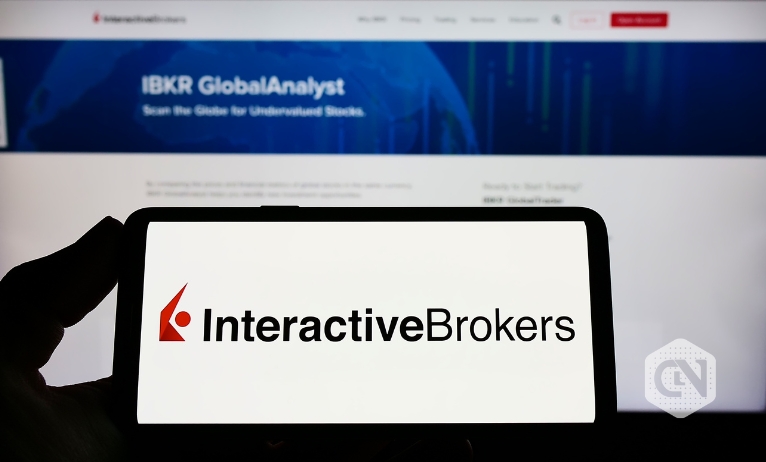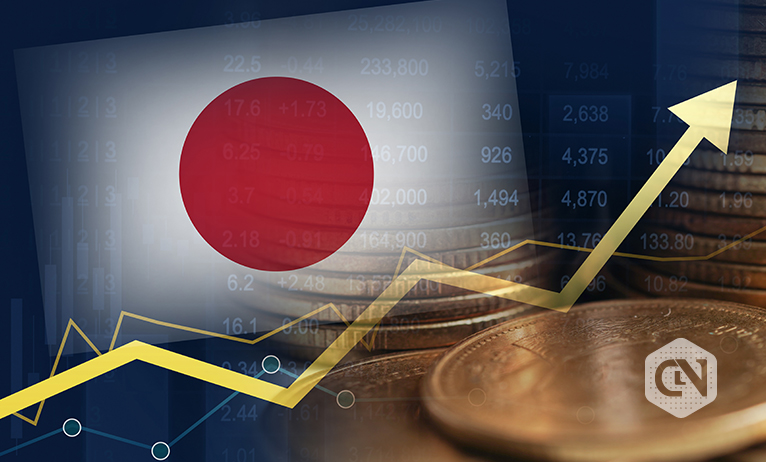India has always been a land of opportunities, and the same goes for forex trading. The recent changes in the forex trading scenario in India have been nothing short of revolutionary, and the future looks even more promising. From the legal aspects to the best brokers and platforms, read to learn everything you need about India’s forex trading.
RBI declared an alert list about 34 Forex platforms, So what happens now?
The RBI’s recent alert list about 34 forex trading platforms has shocked India’s online forex trading community. While the reasons for this are not entirely clear, it is believed that the RBI is concerned about the potential for money laundering and other illegal activities associated with online forex trading.
This decision could significantly impact the future of online forex trading in India. Forex trading platforms listed in RBI alert list include some of the most popular ones, such as Exness, Olymp Trade, XM, FXTM, IC Markets, IG Markets, and FXCM. This could make it difficult for Indian traders to access international markets, leading to an overall decline in forex trading activity in India.
Forex trading is legal in India: Why should you consider investing?
Yes, online forex trading is legal in India. The Reserve Bank of India (RBI) regulates the forex market in India, and all financial institutions offering forex trading services must be registered with the RBI. All transactions in the forex market must be completed through authorized dealers.
The RBI has put in place several regulations. Some of the other restrictions placed by the RBI on forex trading include a limit on the amount of money that can be traded, a restriction on the types of currencies that can be traded, and a prohibition on certain types of transactions. Despite these restrictions, online forex trading is still legal in India, and it is growing rapidly.
Forex trading: How to make your journey future-proof in India?
When it comes to forex trading in India, the future looks promising. The country is home to many forex brokerages and trading platforms, making it easy for investors to get into the market. Additionally, the Indian rupee is one of the most traded currencies in the world, making it a viable option for those looking to diversify their portfolios.
However, investors should keep a few things in mind to make their forex trading journey future-proof. First and foremost, it is important to select a reputable, well-regulated and trusted forex broker in India. This will ensure that your funds are safe and that you can access the best possible prices.
The Ultimate Guide To Selecting The Best Forex Broker In India
When it comes to forex trading in India, the first thing you need to do is select a broker that is legal in India. Many brokers are out there, but not all are legal in India.
Here are a few things to look for to figure out the best forex broker in India:-
1) The broker should be registered with the Securities and Exchange Board of India (SEBI). This is the regulatory body that oversees all financial institutions in India.
Advertisement
2) The broker should have an office in India. This shows that they are committed to serving the Indian market.
3) The broker should offer customer support in Hindi or another Indian language. This shows that they are catering to the needs of Indian traders.
4) The broker should offer a demo account so you can try out their platform before risking any real money.
5) Last but not least, make sure the broker is offering competitive spreads and commissions. This will ensure that you are getting the best value for your money.
Find A Forex Broker In India That’s SEBI-Regulated
The Securities and Exchange Board of India (SEBI) is the primary regulator of the forex market in India. All forex brokers operating in India must be registered with SEBI and adhere to its regulations.
When choosing a forex broker, it is important to ensure that they are SEBI-regulated. This will ensure that your broker is legitimate and that they follow all of the necessary regulations. It will also protect you as a trader from any potential fraud or malpractice.
What Do I Need To Know About The Brokers Offering Multiple Asset Classes?
When looking for a broker to trade forex with, it is important to ensure they offer multiple asset classes. This means that they should offer more than just forex pairs. They should also offer other assets such as commodities, stocks, and indices. This will allow you to diversify your portfolio and protect yourself from the risks associated with any particular asset class.
A broker that offers multiple asset classes is also likely to be more reputable and offer better customer service than one that only offers forex pairs. Make sure to research and choose a broker that is right for you.
Make Sure the Broker Offers a Mobile App
In the fast-paced world of forex trading, having a reliable and user-friendly mobile app is essential for success. Make sure your broker offers a mobile app compatible with your device and meets your trading needs.
A good mobile forex app will allow you to access your account anytime. It should be easy to use and have all the features you need to trade effectively. Look for an app that has charts, news, and analysis so you can make informed decisions on the go.
Check for Multi-lingual Support
The forex trading scenario in India is set to change shortly with the introduction of multi-lingual support. This will allow investors to trade in their preferred language and make it easier for international investors to access the Indian market.
Advertisement
Currently, the majority of forex trading in India is conducted in English. However, with multi-lingual support, more and more people will be able to trade in their native language. This will make it easier for them to understand the market and also make it easier to connect with other traders from around the world. Multi-lingual support will also be beneficial for international investors who are looking to access the Indian market.
Money Loading and Withdrawal Methods
There are several ways to load money into an account and withdraw money from it. The most common method is through a bank transfer. However, several other methods are available, such as through an online payment gateway or a prepaid card.
There are two main methods when withdrawing money from an account: a bank transfer or an ATM card. Bank transfers can take up to 5 working days, while withdrawals using an ATM card are instant.







